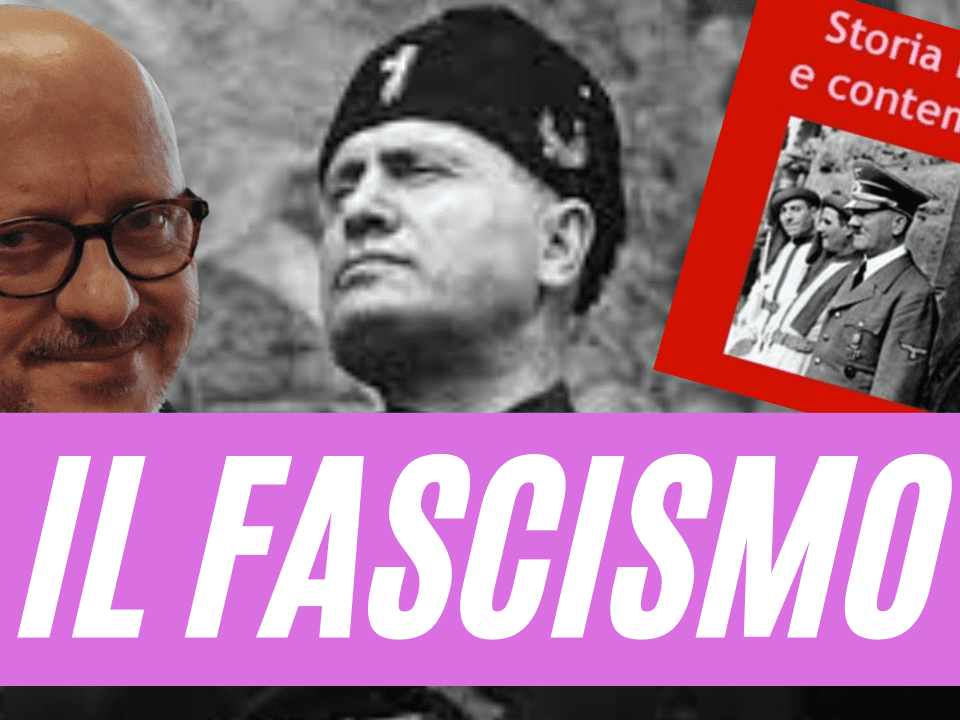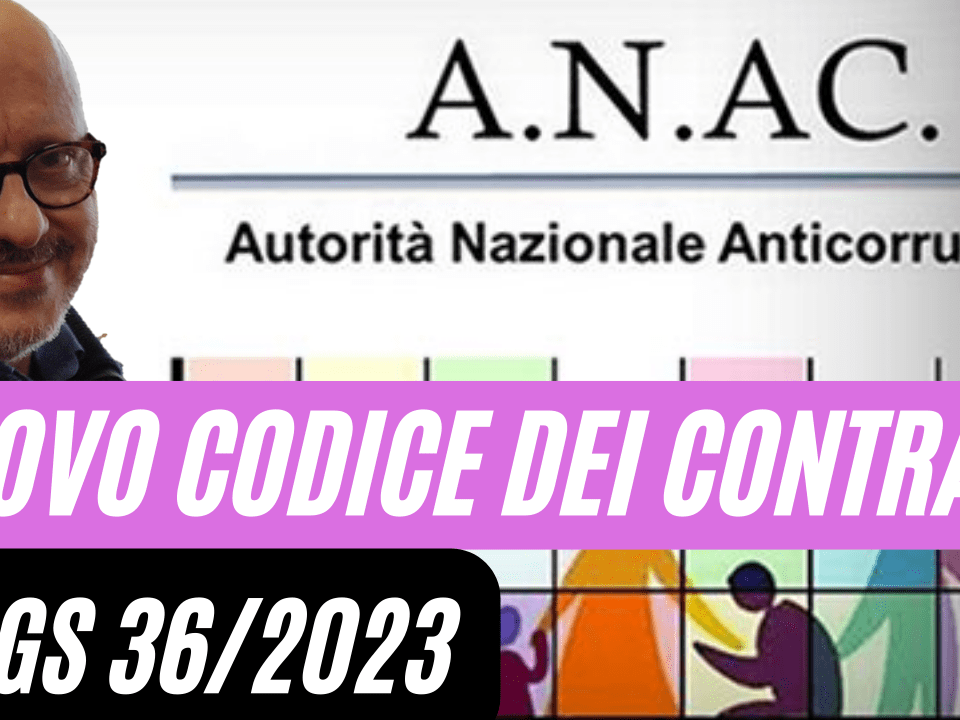
“The strange case of Dr. Jekyll and Mr. Hyde”by Robert Louls Stevenson
27 Gennaio 2019
Gabriele D’Annunzio
27 Gennaio 2019
Viaggio verso la morte
Tesina interdisciplinare su Auschwitz di Massimo Lio – 20/05/2006
WYSTAN HUGH AUDEN
REFUGEE BLUES”
Wystan Hugh Auden was born in York in 1907 and soon moved to Birmingham, where his father worked as teacher at Birmingham University. He studied at Oxford and, after his studies, he moved to Berlin during the Weimer Republic, when Nazism was rising. In 1930 he returned to England where he started publishing the first volumes. He emigrated, in 1939, to the United States, but he didnt break his links with Europe: in fact he stayed in Italy and also in Austria, where he died on September 29, 1973.
In Refugee Blues”, published in autumn of 1939, Auden describes the suffering of a couple compelled to escape from Hitlers Germany. The country of welcome (even if to define it becomes under those circumstances a sad paradox) shows itself totally hostile toward them. Its worth talking about 2 important ideas of this poem:
1) in the sixth stanza we can read a phrase of a president during a meeting: If we let them in, they will steal our daily bread”: this is the fear that the foreign guest represented a threat for their own welfare or could somehow create an undesired competition about the access to the services, to the rights, to work;
2) bureaucracy inhumanity is instead described in the fourth stanza, where the consul declares: If youve got no passport, youre officially dead”: so the refugee acquires the right to exist only if he has a passport.
Auden does what a blues writer would do: he takes a single main theme and makes variations on it, leading to a particularly powerful final scene. The theme is the abuse of human rights experienced not only by German Jews but by other Jews and by refugees anywhere.
In the division in stanzas:
|
Say this city has ten mill’ion souls,
|
they are homeless |
|
Once we had a country and we thought it fair,
|
theyre not accepted in their country |
|
In the village churchyard there grows an old yew,
|
they have no passport
|
|
The consul banged the table and said:
|
theyre still alive no passport: death |
|
Went to a committee; they offered me a chair; |
the politicians and the population do not help them because theyre afraid |
|
Came to a public meeting; the speaker got up and said:
|
of losing their job |
|
Thought I heard the thunder rumbling in the sky;
|
what Hitler thinks about them |
|
Saw a poodle in a jacket fastened with a pin, |
comparition between |
|
Went down the harbour and stood upon the quay,
|
animals (free) and Jews (slaves): theyre |
|
Walked through a wood, saw the birds in the trees;
|
worse than animals |
|
Dreamed I saw a building with a thousand floors,
|
theyre homeless |
|
Stood on a great plain in the falling snow; |
the poem finishes with the image of concentration camps |
This poem is also an attempt to evoke intimately the feeling of homelessness, hopelessness and desolation of all refugees: there is the necessity to create this feelings in the reader (as Eliot). The form of the poem is based on the rhythm as well as the themes of blues”, a form of jazz in which sorrow is expressed by the repetition of a strongly rhythmical line backed up blues notes”.
The stanza form, with its three lines, is similar to a jazz stanza, the first two lines having a syncopated, dancing beat, while the third line, with its repetition, is the typical blues line. And behind the blues, lie the spirituals of black America, with their burden of suffering (modern sense of anxiety) and sense of exile. Finally, its very curious and important the gradual increase of the difficult of the situation in each stanza (in fact this is one of the poem in which there is not ironical elements).
-
torna all’indice della Tesina su Auschwitz “Viaggio nella morte” di Massimo Lio



